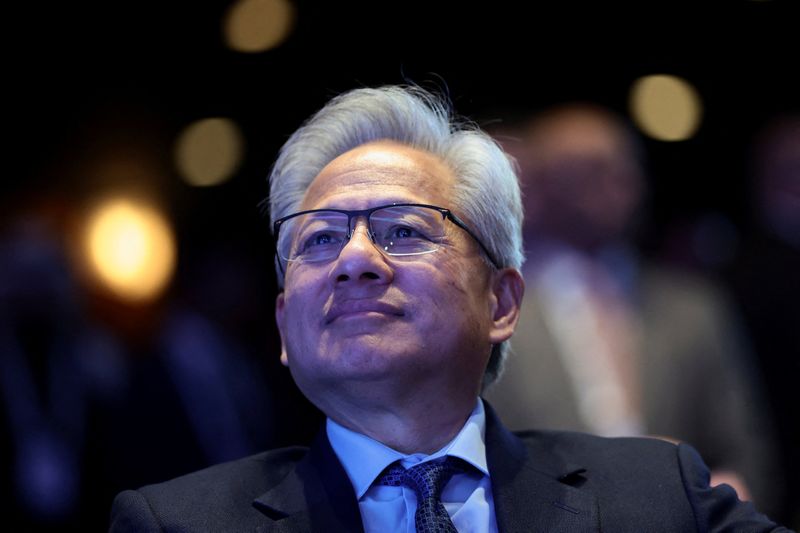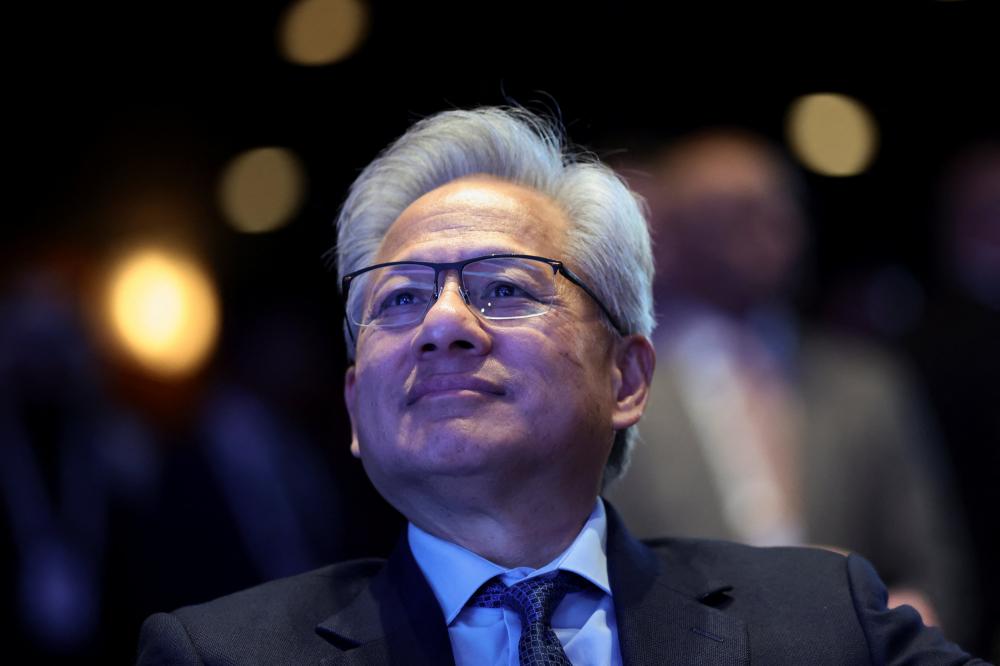
Nvidia's Growth Strategy: Risks and Opportunities


Nvidia's Views and Market Dynamics
Nvidia CEO Jensen Huang stated that he does not see a bubble in artificial intelligence (AI), but rather that we are at a tipping point. According to him, the computer technologies that are the company's area of expertise will affect everything from software development to running robots in daily life.
However, some market skeptics are concerned that this tipping point could indicate a downward trend. Nvidia managed to dispel short-term worries by announcing results and forecasts that exceeded expectations on Wednesday. However, the likelihood that even the historically most valuable publicly traded company, Nvidia, could be affected by uncontrollable factors raises long-term concerns. The current market value is over $4.5 trillion.
According to a regulatory disclosure, a significant portion of Nvidia's growing business volume is tied to four unnamed customers. In the third quarter, Nvidia reported revenue of $57 billion, with 61% coming from these customers, up from 56% in the previous quarter. Past announcements suggest that these customers could include Microsoft, Meta, and Oracle.
Additionally, Nvidia has increased spending on leasing its chips back from cloud customers to $26 billion, up from $12.6 billion in the second quarter, with contracts extending until at least 2031. The company announced plans to invest $100 billion in OpenAI and $10 billion in Anthropic in the last quarter.
However, the high dependency on only a few customers and the cyclical nature of some contracts have raised concerns, as none of these organizations have yet reported substantial profits from AI. Chaim Siegel, an analyst at Elazar Advisors, stated, "Most of this growth is coming from loss-making startups or projects, so there is a potential for this cycle to end badly. It is nearly impossible for profits to emerge unless all of these companies collectively decide to stop spending."
Huang's Perspective
During the announcement, Huang noted that Nvidia sees the market discussions about the AI bubble in "very different" terms. He mentioned three main transitions according to the company's long-term vision.
Firstly, he anticipates a shift from traditional central processors to Nvidia's high-performance chips, shifting non-AI software such as engineering simulations and data science. Secondly, the invention of entirely new categories of software, such as coding assistants. Thirdly, he believes that AI will transition from virtual applications—such as chatbots—to the physical world, vehicles, and robots. Huang stated, "These three fundamental dynamics will contribute to infrastructure growth in the coming years. The reason we are chosen as Nvidia is that our unique architecture enables all three transitions."
However, building the necessary data centers to realize this vision will require a significant amount of land and energy, a concern even for the Chief Investment Officer of Spear Invest, which actively manages Nvidia shares. Huang addressed these concerns during the conference call and mentioned that Nvidia is working diligently to prioritize factors outside of its chip supply chain. "We have partnered with many players regarding land and energy (data center buildings); of course, financing these projects is challenging, but they are all solvable issues," he said.
However, with companies like Alphabet, Google's parent company, and Amazon starting to design their own AI chips, some analysts have suggested that Nvidia's dominance is not guaranteed to continue. Jay Goldberg, a senior analyst at Seaport Research Partners, stated, "I wonder what possible positive surprises there could be given that they have said Nvidia has sold throughout the year. I think the list of things that could go wrong for Nvidia is longer than the list of things that could go right."
Benzer Haberler
.png)
Yakında Tüm Platformlarda
Sizlere kesintisiz haber ve analizi en hızlı şekilde ulaştırmak için. Yakında tüm platformlarda...







.png)